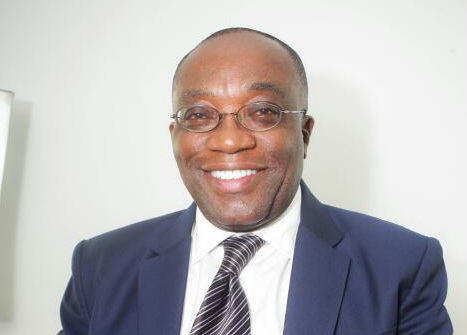The Driver and Vehicle Licensing Authority (DVLA) has recorded an astronomical jump in revenue from its road worthiness certificate renewals in January after the implementation of its smart card system.
The authority collected GH¢19.8 million from roadworthiness certificate renewals from January 1 to 25, this year, as against a little more than GH¢2.6 million recorded in January 2016 and GH¢2.7 million in January 2017.
According to the Chief Executive of the authority, Mr Kwasi Agyeman Busia, the increase in revenue was as a result of the introduction of the authority’s smart card system.
He said the smart card system, which is difficult to clone, had blocked middlemen, popularly known as ‘goro boys’, out of business and the revenue which would have gone into their private pockets was now in state coffers.
On November 7, last year, the DVLA launched a new smart driver’s licence and new vehicle registration smart card, in the face of stiff opposition from some driver unions and groups.
That notwithstanding, the authority was hopeful that the new system would weed out drivers with fake licences and vehicles with fake roadworthiness certificates in the system, as well as cut out middlemen from the licensing regime.
Safety
Almost three months later, Mr Busia said the decision was yielding dividend.
“The old road worthiness system was much compromised. The software was a stand alone, which means that a ‘goro boy’ could print the fake ones at home and sell to people. Now what we have is a web version that is more secure with radio frequency identification in there. It is a much secure document.
“So, for instance, if I scan your road- worthiness, it comes to our database, and if it is not in our system, it will say ‘fake’. We did not have it before. The reason we were bleeding was that the software was compromised and the ‘goro boys’ took advantage of it,” he said.

Licence
Turning his attention to driving licences, the DVLA boss said the situation where the DVLA struggled to provide timeous licences was over, adding that the authority had become more efficient, a development that had prevented ‘goro boys’ from thriving because of lapses in the system.
He said with the current system, the longest period applicants could wait for their licences was four weeks.
He said the Prestige Centre at the authority’s head office, for instance, issued licences within 30 minutes, while the premium service took two weeks and standard applicants received their licences within four weeks.
“We are encouraging people to get the new licences because the old one is compromised. We are not forcing people to do it. All driver’s licences will change to the new one and so why not get the new one now at the old price?” he asked.
Printing in-house
He said the authority had acquired the best in terms of technology (laser printing and engraving) to print the licences to put them ahead of duplicators.
Mr Busia further explained that the DVLA used to deal with third parties that printed the licences and in the process misplaced data submitted.
But, he said, the new system, which operates an enterprise software, enables the licence to be printed within.
According to him, the DVLA now has the capacity to print at least 1,500 licences daily.
Meanwhile, daily applications are less than 1,000.
Rickety vehicles
Mr Busia said rickety vehicles were on the roads because ‘goro boys’ had found ways to clone licences.
To nip that in the bud, he said, the DVLA had connected its systems to 13 out of 14 testing centres where the results were transmitted to the authority in real time.
“We want to use every step of the way to beat them. That is how we are solving it. We are getting to a point where they are integrated. We know some people can’t afford to buy, for example, vehicle parts from Germany but could comfortably buy parts from China, but we have a protocol that everything has to pass DVLA standards.
“The DVLA receives data on the number of vehicles that passed or failed the test and their particulars,” he added.
First aid kit
The Ministry of Transport recently stopped the sale of DVLA-branded first aid kits to the motoring public because of public anger at the cost.
But Mr Busia, who apologised to the public for the storm the issue generated, said while it was to fulfil an act of the law, the authority failed to educate the public on the need for the kits.
He, however, denied claims that the authority had imported the kits and was selling them for GH¢108 and maintained that it was the product of a private company that was sold for GH¢84.45 because of 17.5 per cent tax and 15 per cent for the DVLA’s mobilisation and deployment.
– GraphicOnline


